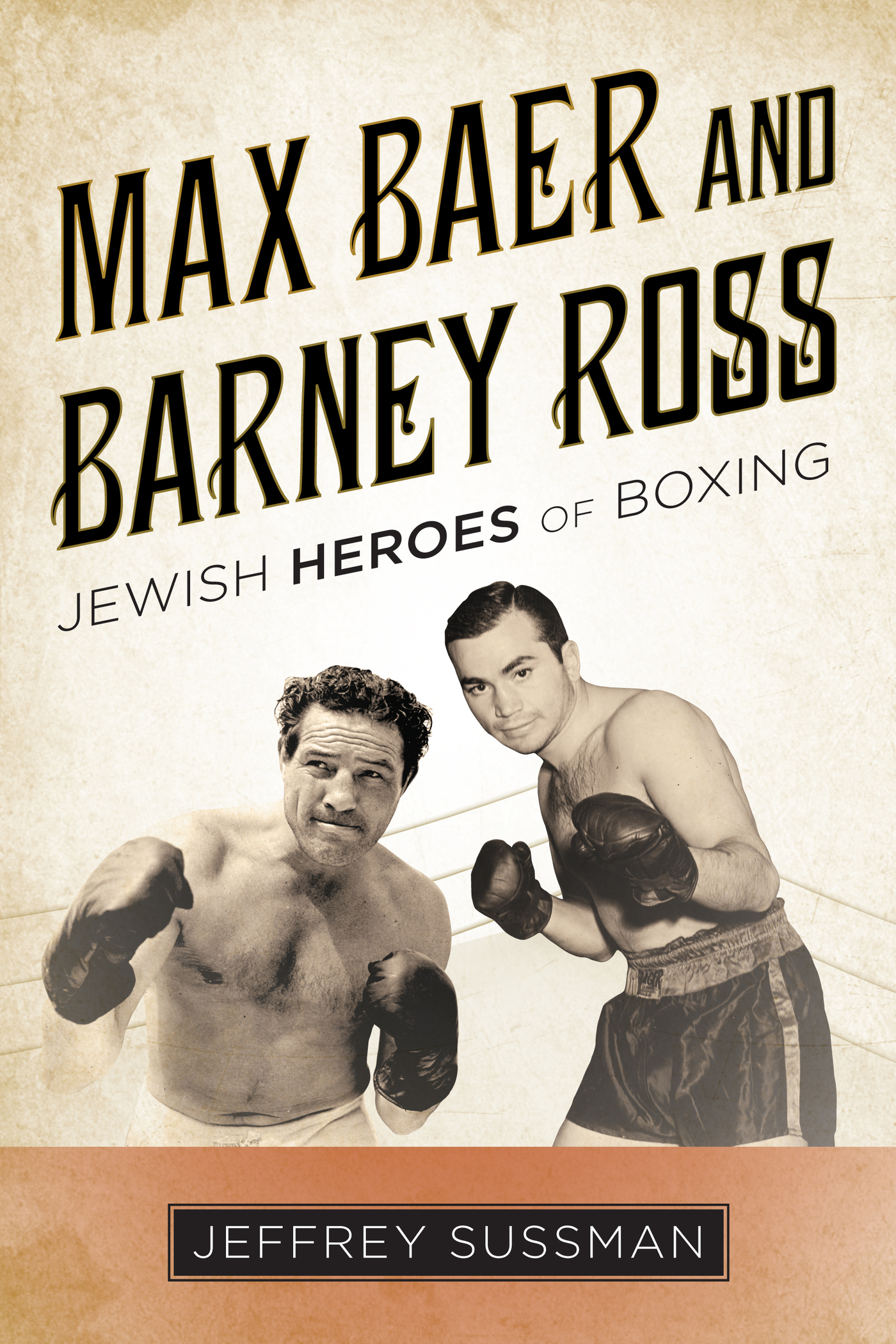Max Baer and Barney Ross
Max Baer and Barney Ross
Jewish Heroes of Boxing
Jeffrey Sussman
ROWMAN & LITTLEFIELD
Lanham Boulder New York London
Published by Rowman & Littlefield
A wholly owned subsidiary of The Rowman & Littlefield Publishing Group, Inc.
4501 Forbes Boulevard, Suite 200, Lanham, Maryland 20706
www.rowman.com
Unit A, Whitacre Mews, 26-34 Stannary Street, London SE11 4AB
Copyright 2017 by Jeffrey Sussman
All rights reserved. No part of this book may be reproduced in any form or by any electronic or mechanical means, including information storage and retrieval systems, without written permission from the publisher, except by a reviewer who may quote passages in a review.
British Library Cataloguing in Publication Information Available
Library of Congress Cataloging-in-Publication Data
Names: Sussman, Jeffrey, author.
Title: Max Baer and Barney Ross : Jewish heroes of boxing / Jeffrey Sussman.
Description: Lanham, [Maryland] : ROWMAN & LITTLEFIELD, [2016] | Includes bibliographical references and index.
Identifiers: LCCN 2016017216 (print) | LCCN 2016033013 (ebook) | ISBN 9781442269323 (hardback : alk. paper) | ISBN 9781442269330 (electronic)
Subjects: LCSH: Baer, Max, 1909-1959. | Ross, Barney. | BoxersUnited StatesBiography. | Jewish boxersUnited StatesBiography. | Racism in sportsHistory20th century.
Classification: LCC GV1131 .S86 2016 (print) | LCC GV1131 (ebook) | DDC 796.830922 [B]dc23
LC record available at https://lccn.loc.gov/2016017216
 TM The paper used in this publication meets the minimum requirements of American National Standard for Information Sciences Permanence of Paper for Printed Library Materials, ANSI/NISO Z39.48-1992.
TM The paper used in this publication meets the minimum requirements of American National Standard for Information Sciences Permanence of Paper for Printed Library Materials, ANSI/NISO Z39.48-1992.
Printed in the United States of America
To my wife, Barbara
Acknowledgments
I would like to thank the following people: Steven Spataro, head of Adult Reference at the East Hampton Library, for his indefatigable pursuit of newspaper and magazine articles and photos; Christen Karniski for her interest in my original proposal and for her close reading of the text, which resulted in important and thoughtful suggestions; Peter Wood, author and former Golden Gloves boxer, for inspiring me to write about boxing; Max Baer Jr., the son of a great boxing champion and an actor on The Beverly Hillbillies, for his generosity in taking time to speak with me about his father during numerous telephone conversations; and Robert Ecksel, editor in chief of Boxing.com, for publishing my articles and short stories about boxinga prelude to writing this book.
Introduction
In the 1920s and 1930s, Americas melting pot was a stew contaminated by anti-Semitism. Thousands of hotels, resorts, nightclubs, and golf clubs were restricted, that is, no Jews allowed. Many companies refused to hire Jewish employees. Those who were hired often had to change their names and disguise their Jewish heritage.
The climate of anti-Semitism in the United States in the 1920s and 1930s was promoted by a series of diverse demagogues. During the 1930s, Father Charles Coughlin, a Roman Catholic priest of the National Shrine of the Little Flower Church in Detroit, ignited the hatred of anti-Semites with fiery harangues, spewing hatred like bombs full of nails. With one of the most popular radio shows in the country, with more than 30 million listeners each week, his messages were quick-burning fuses to powerful powder kegs of prejudice. Coughlin broadcast vicious defamation and slander against President Roosevelt, communists, and Jews. He snidely referred to Roosevelt as President Rosenfeld. He published a newspaper called Social Justice, which ran installments of the Czarist-fabricated anti-Semitic screed The Protocols of the Elders of Zion. Legendary folk singer Woody Guthrie sang, Yonder comes Father Coughlin, wearin the silver chain, Gas on the stomach and Hitler on the brain. Coughlin continued to praise the policies of Hitler and Mussolini, while condemning Roosevelt, until he was forced off the air in 1939. World War II effectively ended his career, but Jews throughout the United States had wished he had never been given a microphone.
Another earlier menace to Jews who regularly turned up the flame under an already boiling pot of anti-Semitism was inventive car maker Henry Ford. He published a newspaper called the Dearborn Independent, which was distributed from every Ford dealership throughout the land. It had a circulation of 700,000. As with Social Justice, it too published The Protocols of the Elders of Zion. Each week for more than two years, the Dearborn Independent published a series of front-page articles entitled The International Jew: The Worlds Problem22 in all. The articles claimed that Jews, unlike gentiles, had an aversion to hard work, had a capacity for exploitation, were shrewd money speculators, were physical cowards, and had an Oriental love of display, among various other negative traits. They warned Jews to reform their behavior. Ford was vague about what the consequences would be if the Jews did not follow his instructions; however, he did add an article entitled An Address to Gentiles on the Jewish Problem. Should gentiles witness Jewish subversion, Ford advised them to open their eyes, and stop it peacefully but firmly.
Ford was undeterred when the Federal Council of Churches issued a resolution condemning the International Jew articles. In addition, he was unconcerned that both Woodrow Wilson and William Howard Taft expressed their disapproval. In the face of mounting criticism, Ford remained true to his bigoted beliefs, saying to a reporter, Jews are the scavengers of the world. His crude, nutty anti-Semitic obsession reached its peak when he not only declared that the traitor of the American Revolution, Benedict Arnold, had created a Jewish front for Jewish warmongering financiers, but also that Hitler owed his rise to powerful Jewish financiers. In the documentary Jews and Baseball, Ford is quoted as saying, If fans wish to know the trouble with American baseball they have it in three wordstoo much Jew.
So popular among Nazis in Germany were Fords anti-Semitic screeds that they were published in a four-volume set entitled The International Jew: The Worlds Foremost Problem. The books were required reading by the Nazi hierarchy. Indeed, Ford was such a favorite of Hitler and his circle that he is the only American praised in Mein Kampf. Hitler kept a photograph of Ford on his desk and told friends that he revered Ford as his inspiration. He said, I shall do my best to put his theories into practice in Germany. Ford was delighted.
It was not until he was successfully sued by a union organizer named Aaron Sapiro, who brought an action against Ford and the Dearborn Independent for libel and defamation, that Ford had to retract his vitriolic anti-Semitic statements and issue a formal apology. His apology was preceded by much foot dragging and legal maneuvers to delay the inevitable. Although he issued his apology publicly, he continued to rail against the Jews in private, foolishly confessing to a reporter that the Jews had not only brought on World War I, but were also agitating for World War II.
A third demagogue, Charles Lindbergh, repeated Fords accusation that the Jews were advocating Americas entrance into World War II on the side of the British. He roiled the Jewish community with a speech entitled Who Are the War Agitators? It was delivered to an audience of thousands of American Firsters. In it, Lindbergh declaimed that there were three groups agitating for war with Germany: the British, the Jews, and the Roosevelt Administration. Instead of agitating for war, the Jewish groups in the country should be opposing it in every possible way, for they will be among the first to feel its consequences. His comments were printed in newspapers throughout the country and initiated a debate about Americas role in the world.
Next page
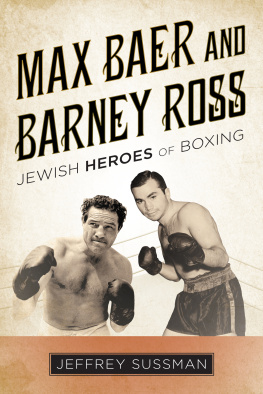

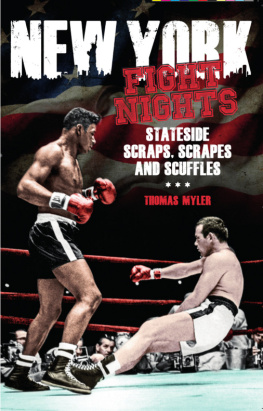
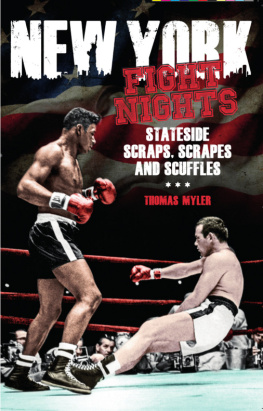

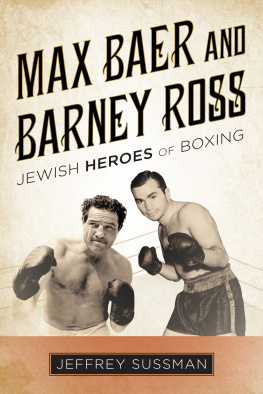
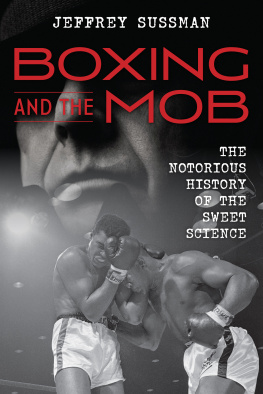
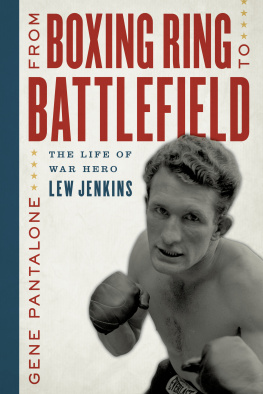
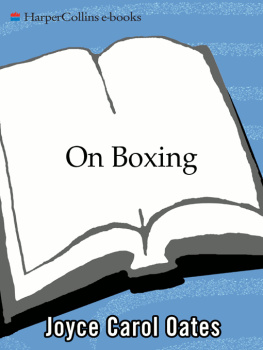


 TM The paper used in this publication meets the minimum requirements of American National Standard for Information Sciences Permanence of Paper for Printed Library Materials, ANSI/NISO Z39.48-1992.
TM The paper used in this publication meets the minimum requirements of American National Standard for Information Sciences Permanence of Paper for Printed Library Materials, ANSI/NISO Z39.48-1992.